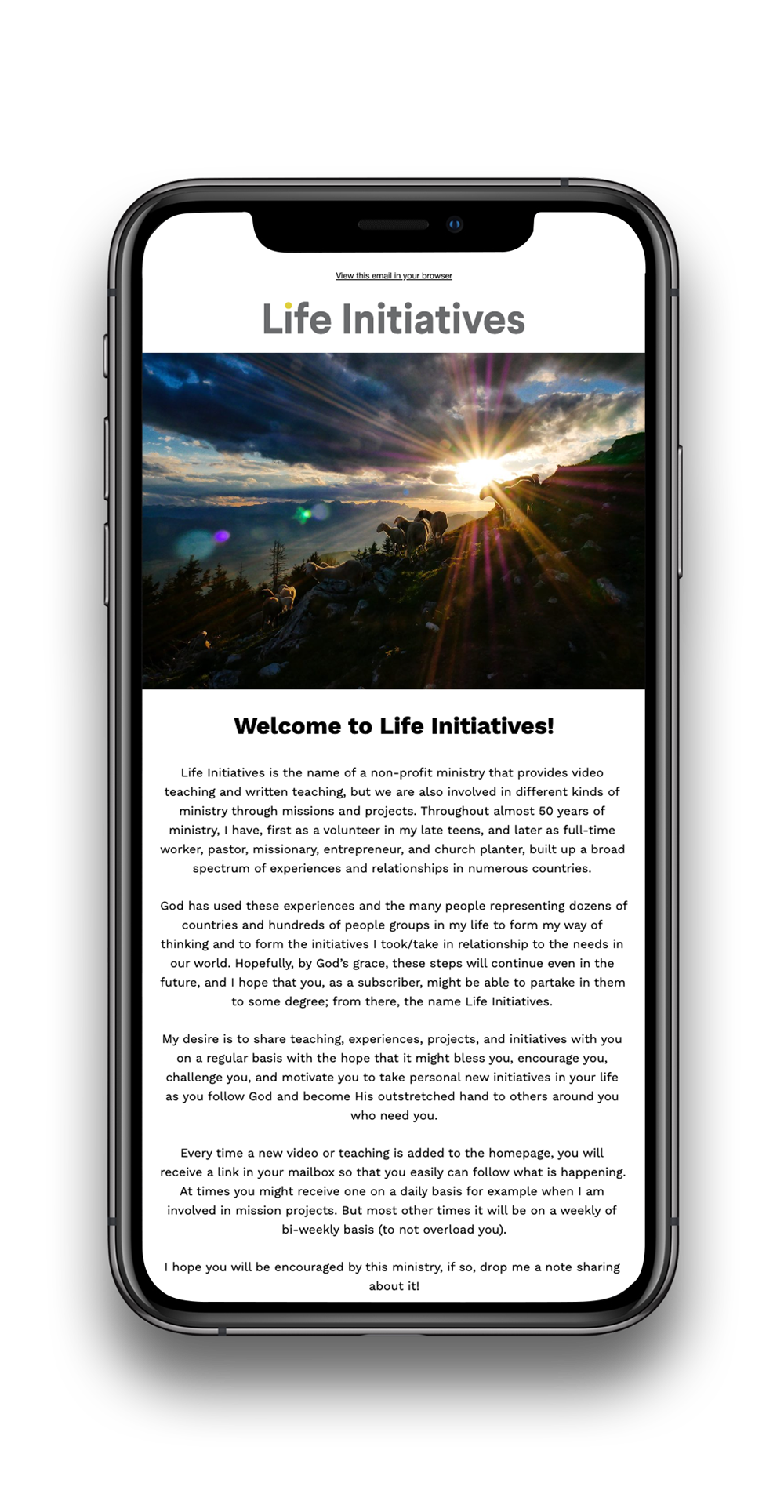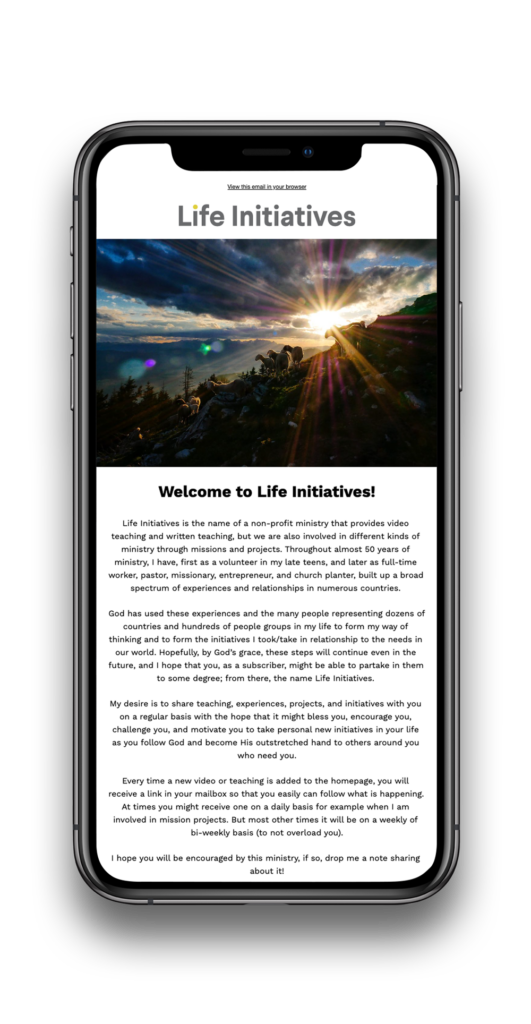Today we will look at the importance of being rooted in the Scripture. When studying apostasy or backsliding in the Bible, we find that the most examples of this are found in the book of Judges. While pursuing cultural relevance in our approach to explain the Bible, we find that it is not the answer.
Relevance is a tool; gospel proclamation is the goal. When we pursue relevance as the goal, it leads to a disastrous change in what church is all about! The reality is that the “how” of ministry is shaped by the “who, when and where” of culture, but the “what” is determined by God’s Word. Therefore, culture is the ever-changing context in which we proclaim a biblically faithful, never-changing Gospel!
Sign up for life-changing insights, directly to your inbox.

© 2023 All Rights Reserved, Life Initiatives

Sign up for life-changing insights, directly to your inbox.